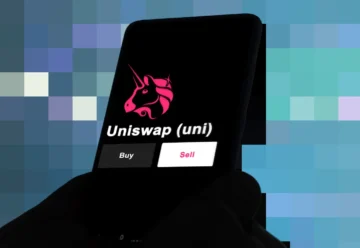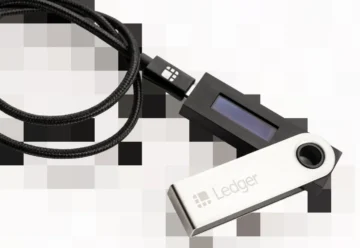Development of Mobile Wallet for Digital Identity in EU Started

In Germany, a mobile wallet for European Digital Identify (EUDI) is currently under development. The solution will allow EU citizens to securely use digital identification within the European Union and store and sign official documents via their smartphones.
The German Federal Ministry of the Interior (BMI) announced the start of the development of a government wallet for EUDI, which will be implemented as a smartphone app. The wallet will be used for the secure digital identification of citizens throughout the EU, as well as for storing and viewing personal data and official documents. Through the EUDI app, users will be able to sign documents using Qualified Electronic Signatures (QES).
The wallet’s development aligns with the EU’s Electronic Identification, Authentication, and Trust Services (eIDAS) regulation, which was adopted in February 2024. Under the new rules, all EU member states are required to implement at least one digital identification wallet by 2027.
According to Nancy Faeser, Germany’s Minister of the Interior, the government plans to create opportunities for private developers to participate in the project. Faeser believes this approach will foster innovation in Germany by allowing local companies and research institutes to offer alternative solutions for utilizing EUDI.
The project will be carried out by the Federal Ministry of the Interior, the Federal Agency for Disruptive Innovation (SPRIND), and the Federal Office for Information Security. As part of the project, six companies selected by SPRIND in May 2024 will develop the wallet architecture that meets high standards of data protection and user privacy.
Starting October 9, 2024, online consultations with the public will commence, allowing all interested parties to discuss potential wallet architecture and ways to implement them on a mass scale.
The authorities of South Korea, Brazil, Kenya, Argentina, and many other countries outside the EU are engaged in the development of ID systems.











